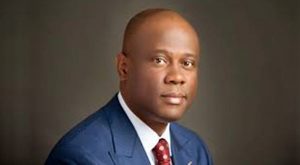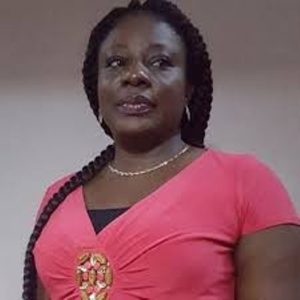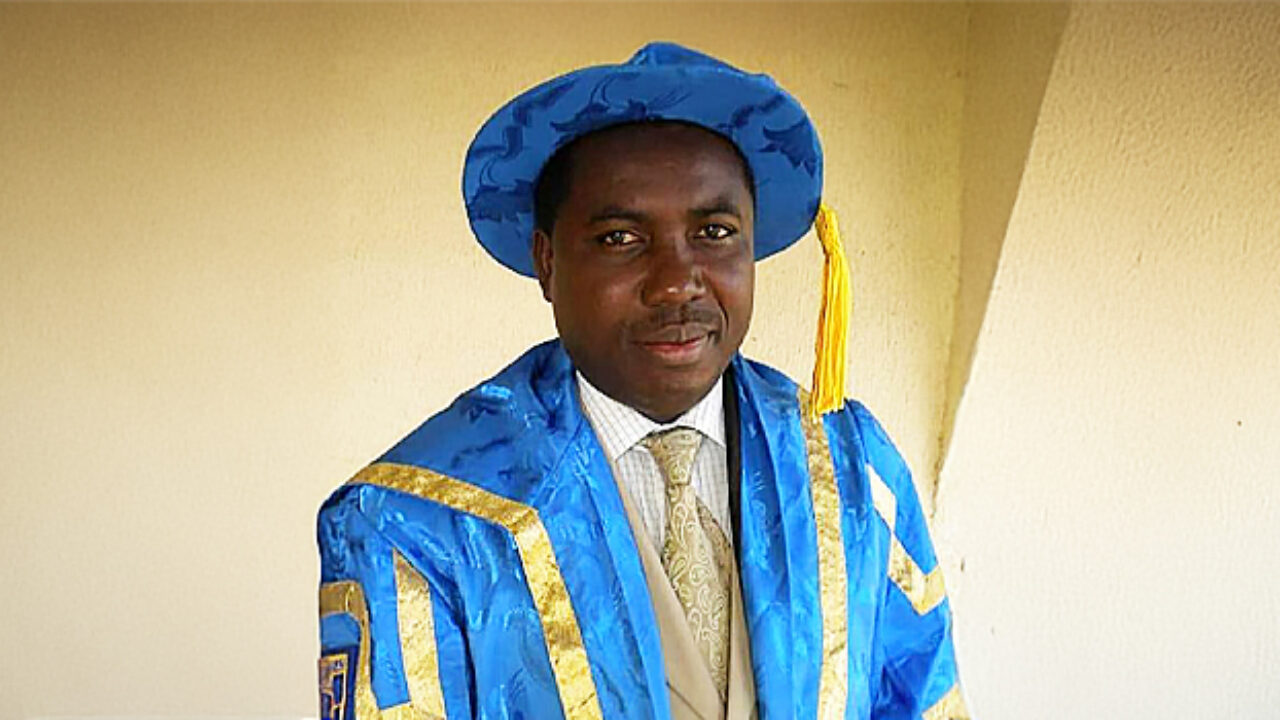Ime Akpan
Women are the most powerful force for use to better economies. According to Global Banking Alliance for Women (GBA), 80 per cent of women make or influence up to 80 per cent of household buying decisions worldwide; up to 33 per cent of private businesses are owned or operated by women internationally while 80 per cent of women-owned small and medium enterprises (SMEs) with credit needs are un-served or under-served.
It therefore makes wise business decision to harness the power of women and financial institutions which do so have achieved tremendous success.
One financial institution in Nigeria that has tapped into this huge human resource pool for maximum benefits to its corporate image as well as the larger society is Access Bank Plc.
At Access Bank, women represent 41 per cent of its staff. Board members are more than 32 per cent Amazon, a feat yet to come to fruition in political appointments at the state and federal level. Interestingly too, Women make up 32 per cent of the bank’s customer base while more than 40 per cent of its loan portfolio is in the hands of women.
And realising that investment in women is smart economics, the bank had, in 2006, partnered with the International Finance Corporation (IFC) to develop targeted products for female entrepreneurs, thereby becoming one of the first African banks to provide dedicated credit lines to finance women-owned businesses.

Through its Gender Empowerment Programme Group, Access Bank provides training in business and management, free financial advisory services, and assistance in the preparation of business plans, accounts and other relevant documents.
In pursuit of its women-centric philosophy, the bank came up with “W” Initiative in 2014 to inspire, connect and empower women in Nigeria.
Benefits to women include access to a range of loan products and credit facilities, education on finance matters through the online “W” community, and health and family programs, among a number of other services.
The “W” Initiative, which has been launched in Ghana and Rwanda where the bank’s branches have spread to, also offers special support to women-owned SMEs, including mentoring services, capacity building and promotion of start-ups.
And what’s more, to help small and growing women owned-businesses, the W Initiative has partnered with Enterprise Development Centre (EDC), the entrepreneurship arm the Lagos Business School to bring ‘The Womenpreneur Business Workshop’ which is meant to provide aspiring women entrepreneurs and small businesses with training on basic skills for business growth and success. It is also meant to address the lack of access to entrepreneurial skills, finance, networking, and management skills which constitute barriers to women’s economic inclusion.
The WBW has been taken round many states in Nigeria’s six geo-political zones, recording tremendous successes in terms of attendance.
Commenting on the importance of women empowerment at the WBW held in Port Harcourt, Rivers State, Mrs. Eberechi Suzzette Nyesom-Wike said when women are empowered, more than half of societal problems would be solved. “We have learnt a lot that will improve the businesses of our women,” she said and commended Access Bank for giving women the opportunity “to learn to be self-reliant and how to improve their lives and businesses.”
The bank’s Group Head, Inclusive Banking, Mrs. Ope Wemi-Jones said Access Bank has since 2006, continued in its commitment to drive women’s economic empowerment in Nigeria.
She explained that the WBW is intended to educate and enlighten Nigerian women on the fundamentals in business which will eventually help them attain their full potentials.
“Through the initiative, we inspire, connect and empower women. We are deeply committed to supporting female entrepreneurs irrespective of the stage of their business…,” she said.

So far, she said business women in Lagos, Port Harcourt, Ibadan and Abuja have benefitted from the workshop with over 1200 of them testifying to have increased their business network, improved their business model and are thriving through the economic constraints with ease.
To further drive the “W” initiative, Access Bank and the Netherlands Development Finance Company (FMO) had, in November 2014 signed an agreement on a $30million facility for on-lending to women owners of SMEs in the country.
The facility is meant to provide capacity building, debt capital support to women owned businesses, as well as promote the bank’s financial goal of reaching the unbanked through provision of cheap funding.
“This, for us, is a milestone achievement and a step further in our relationship with FMO. We did collaborate in 2006 to promote the Gender Empowerment program (GEM) but I think today’s facility for us is necessitated because of the large programme we have for the ‘W,’ the umbrella for anything for Women in Access Bank.
“Our aim is to inspire women through various strategic mentoring programs, a very interactive website which connects them, giving them better financial support and financial advisory services to enable them succeed as entrepreneurs,” said the bank’s group managing director, Mr. Herbert Wigwe at the signing ceremony.
Besides, the bank has factored women into its corporate social responsibility (CSR) programme.
In 2015, The bank’s retail operations group (ROG) launched a three-year capacity building programme to train and empower disadvantaged women, including rehabilitation of street girls, Chibok women in internally displaced camps (IDPs), widows and raped victims in every part of the country.
In the first quarter of this year, ROG took effectual action by partnering with Field of Skills and Dreams (FSD) Academy to train 225 disadvantaged women for three months.
Participants were trained on vocations including catering, fashion designing and hairdressing at the end of which they were given equipment such as ovens/stoves, dryers; sewing machines etc to enable them start their own small scale businesses.
“I feel so proud that we are able to touch several people’s life. But I also think we don’t have an option. Somebody once said that 80 per cent of what we are as individuals today was as a result of support we got from someone else. So, who are we not to want to reach out and touch other people’s life?
“When I hear about the IDPs today, it touches my heart because we lived there and we all lived like brothers and sister. So, we don’t have an option but to support them, when we see our people being forced out of their homes for reasons beyond their control,” said Wigwe.
With its women-centric empowerment posture, Access Bank has made Nigerian women not only economically tough and ambitious but also to know exactly what they want. It has made the women realize that women with economic voice are strong women.
Founded in 1988 with an asset base of over US$11 billion, and listed on the Nigerian Stock Exchange in 1998, Access Bank ranks as one of Africa’s 20 largest banks.
It serves has almost 400 branches in Nigeria’s major commercial centres and has subsidiaries in eight sub-Saharan African countries and the United Kingdom.
Access Bank targets a variety of segments with its divisions in retail, SMEs, commercial, corporate and investment banking.
In 2011, the bank received the Financial Times/International Finance Corporation (IFC) Sustainable Bank of the Year Award for the Africa and Middle East region.
In the same year, it was talks with the Central Bank of Nigeria to acquire Intercontinental Bank plc.
Intercontinental Bank became a subsidiary of Access Bank plc, which recapitalized the former and acquired a 75 per cent majority interest in its stock.
In January 2012, Access Bank announced the conclusion of its acquisition of Intercontinental, thereby creating an expanded Access Bank, one of the largest four commercial banks in Nigeria with over 5.7 million customer base and over 1,600 automated teller machines (ATMs).
As of December 2015, Access Bank had an asset base in excess of N2.412 trillion and shareholders’ equity valued at approximately N367.8 billion.
.
























































